Dizziness
Introduction
- Understanding Dizziness: Causes, Symptoms, and Effective Treatments
Dizziness is a common yet unsettling condition that affects millions of people worldwide. It can manifest as a feeling of lightheadedness, unsteadiness, or vertigo (a sensation that the surroundings are spinning). While dizziness is not a disease itself, it is a symptom of various underlying conditions, including inner ear disorders, neurological issues, and circulatory problems.
If you experience frequent or severe dizziness, understanding its causes and seeking appropriate treatment can significantly improve your quality of life. In this article, we will explore the different types of dizziness, their causes, symptoms, treatment options, and how physiotherapy can help in managing balance-related disorders.
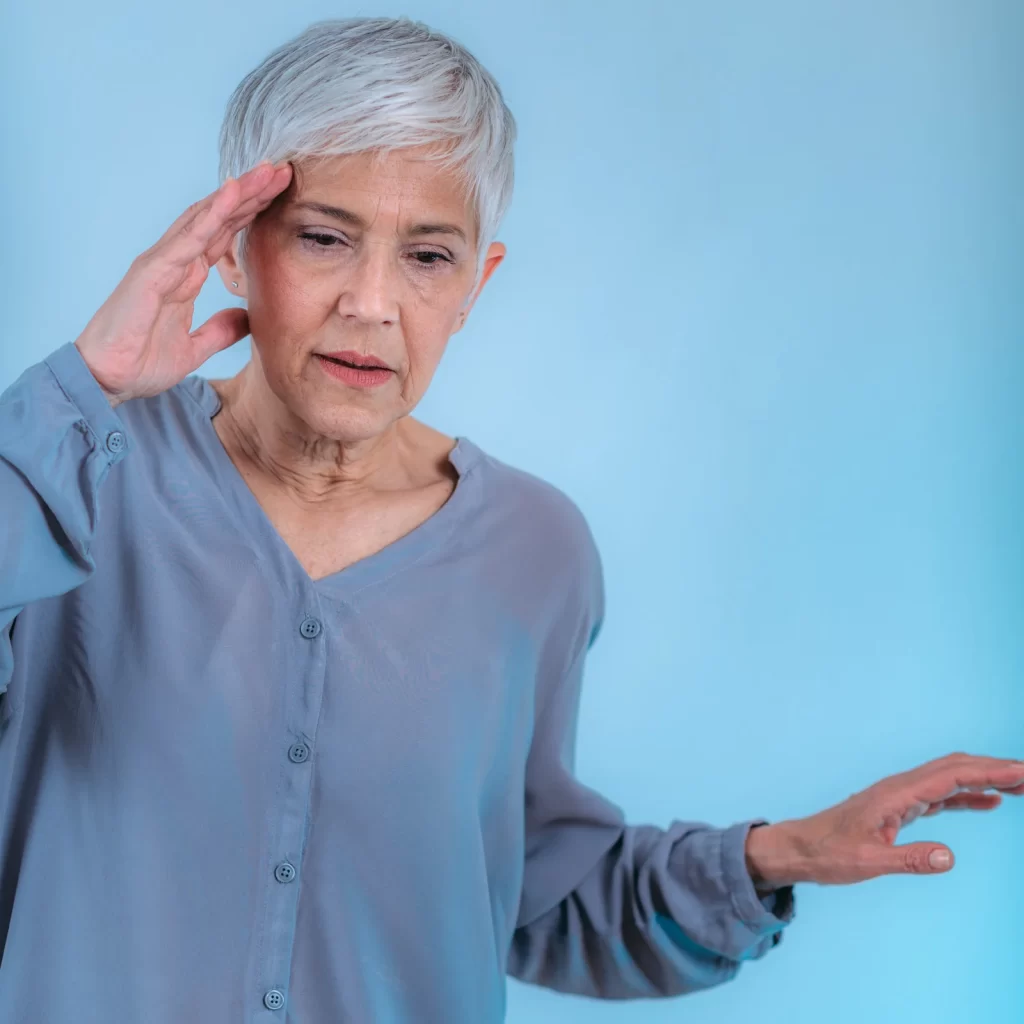
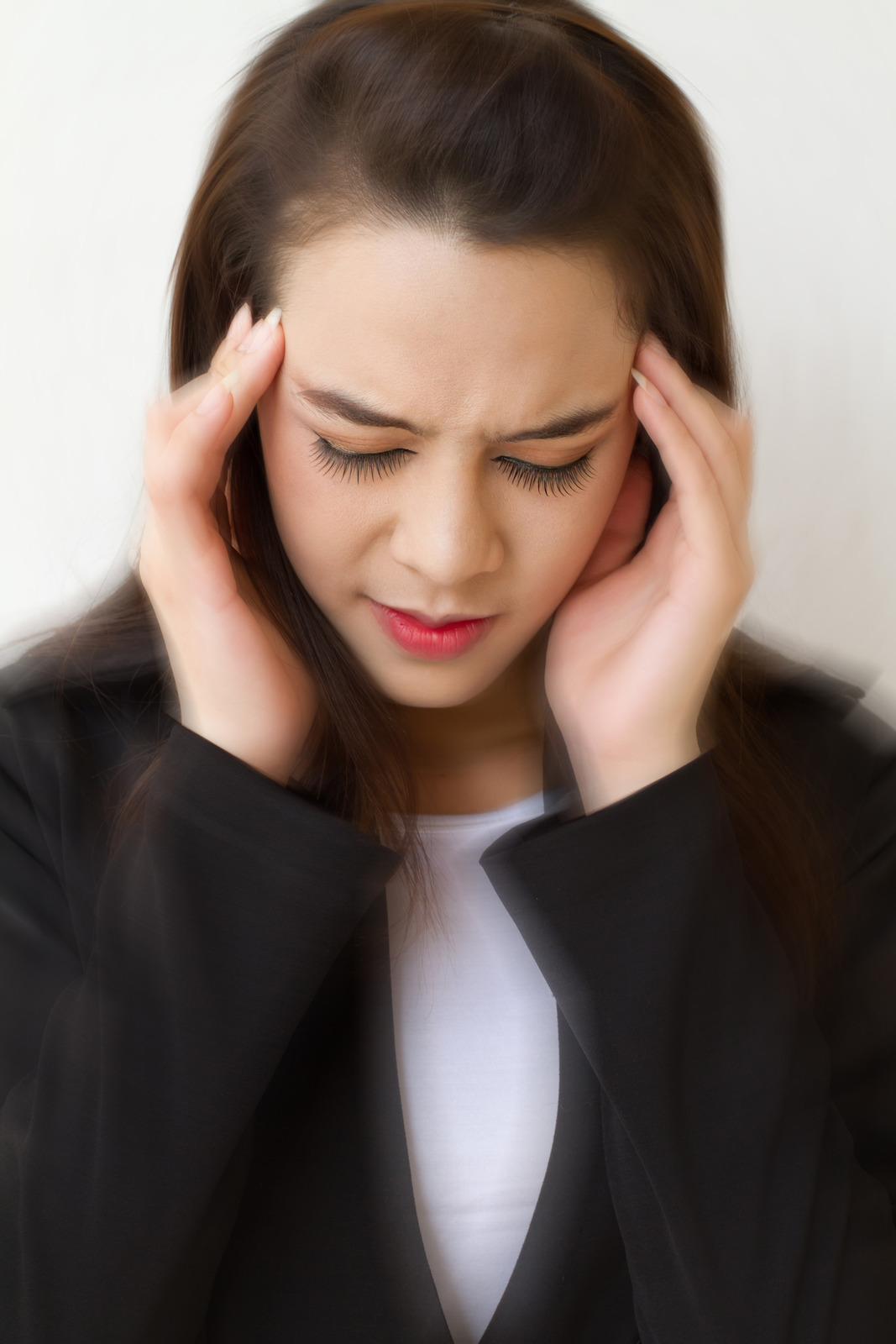
What Is Dizziness?
Dizziness is a broad term that describes various sensations of imbalance. It can be categorized into four main types:
1. Vertigo
- A spinning sensation where you feel like you or your surroundings are moving.
- Often associated with inner ear disorders such as Benign Paroxysmal Positional Vertigo (BPPV), Ménière’s disease, or vestibular neuritis.
2. Lightheadedness
- A feeling of faintness or wooziness, often due to a drop in blood pressure, dehydration, or anemia.
3. Disequilibrium (Unsteadiness)
- A sensation of losing balance or feeling off-centered, common in older adults or those with neurological issues.
4. Presyncope
- The sensation of almost fainting, often linked to low blood pressure, heart problems, or medication side effects.
Common Causes of Dizziness
Dizziness can be triggered by a variety of factors, including:
1. Inner Ear Disorders
The vestibular system in the inner ear is responsible for balance. Issues such as:
- BPPV (Benign Paroxysmal Positional Vertigo): Small calcium deposits in the inner ear disrupt balance signals.
- Ménière’s Disease: Caused by fluid buildup in the ear, leading to vertigo and hearing loss.
- Vestibular Neuritis: Inflammation of the vestibular nerve, usually due to viral infections.
2. Neurological Conditions
- Migraine-associated dizziness
- Stroke or transient ischemic attacks (TIAs)
- Multiple sclerosis (MS)
- Parkinson’s disease
3. Cardiovascular Problems
- Low blood pressure (Hypotension): Leads to reduced blood flow to the brain, causing dizziness.
- Heart disease or arrhythmias: Irregular heartbeats can affect circulation.
4. Anxiety and Stress
- Panic attacks and chronic anxiety can cause dizziness due to hyperventilation or increased stress hormones.
5. Medications and Side Effects
- Some medications, including those for blood pressure, sedatives, and antidepressants, can cause dizziness.
6. Dehydration and Low Blood Sugar
- Skipping meals or inadequate fluid intake can lead to lightheadedness.
7. Head Injuries and Concussions
- Trauma to the head can affect balance and coordination, leading to dizziness.
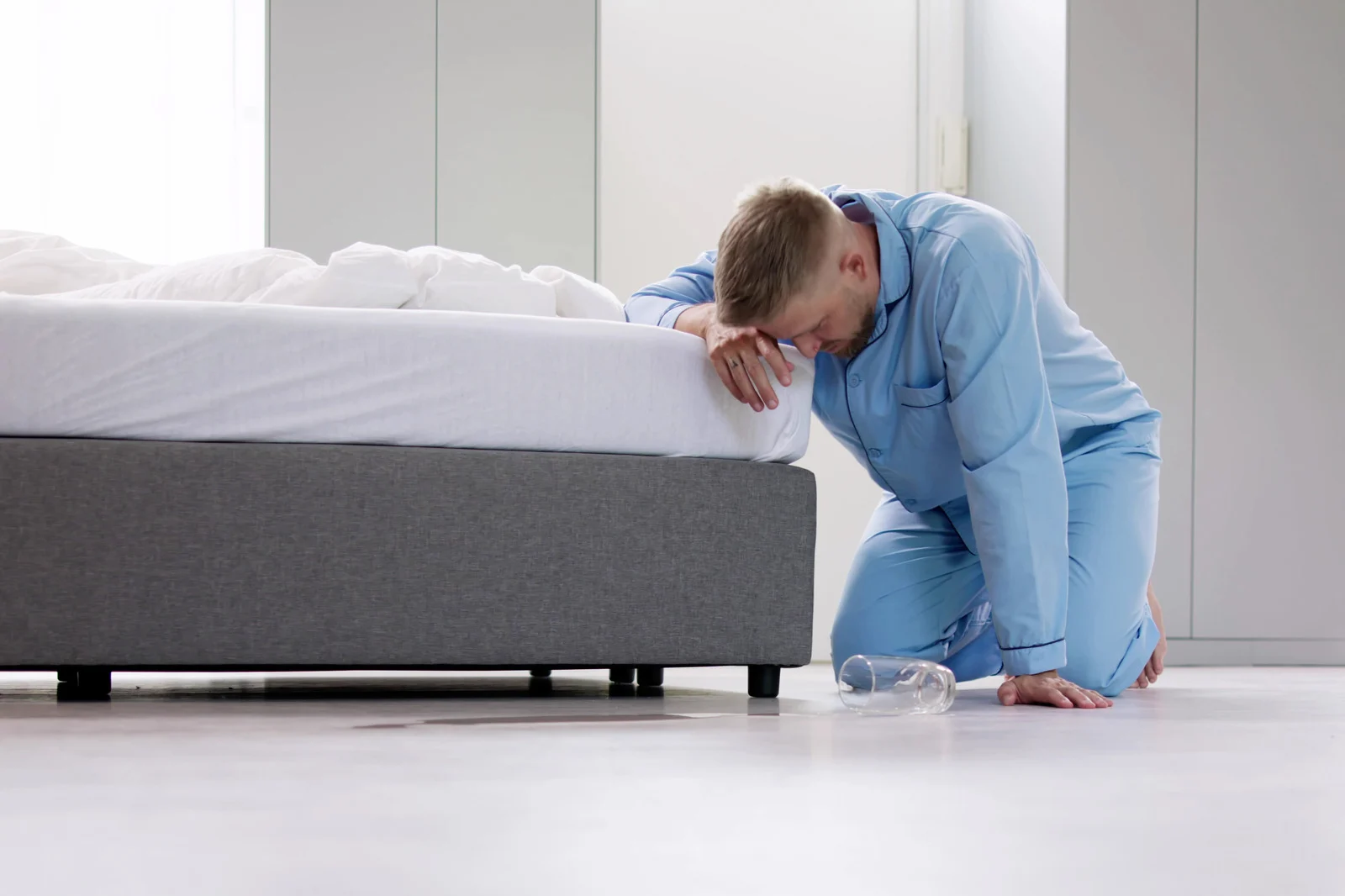
Symptoms of Dizziness
Depending on the underlying cause, dizziness can present with various symptoms, including:
✅ Spinning sensation (vertigo)
✅ Lightheadedness or fainting
✅ Nausea and vomiting
✅ Unsteadiness and loss of balance
✅ Blurred vision or difficulty focusing
✅ Ringing in the ears (tinnitus)
✅ Headaches and disorientation
If dizziness is sudden, severe, or accompanied by symptoms like double vision, numbness, slurred speech, or loss of consciousness, seek immediate medical attention.
Diagnosing Dizziness
To determine the cause of dizziness, a healthcare professional may perform:
- Medical History Assessment: Evaluating past illnesses, medication usage, and symptoms.
- Physical Examination: Checking vital signs, balance, and coordination.
- Hearing and Balance Tests: Such as the Dix-Hallpike test for vertigo.
- Imaging Tests: MRI or CT scans if neurological conditions are suspected.
- Blood Tests: To check for anemia, infections, or vitamin deficiencies.
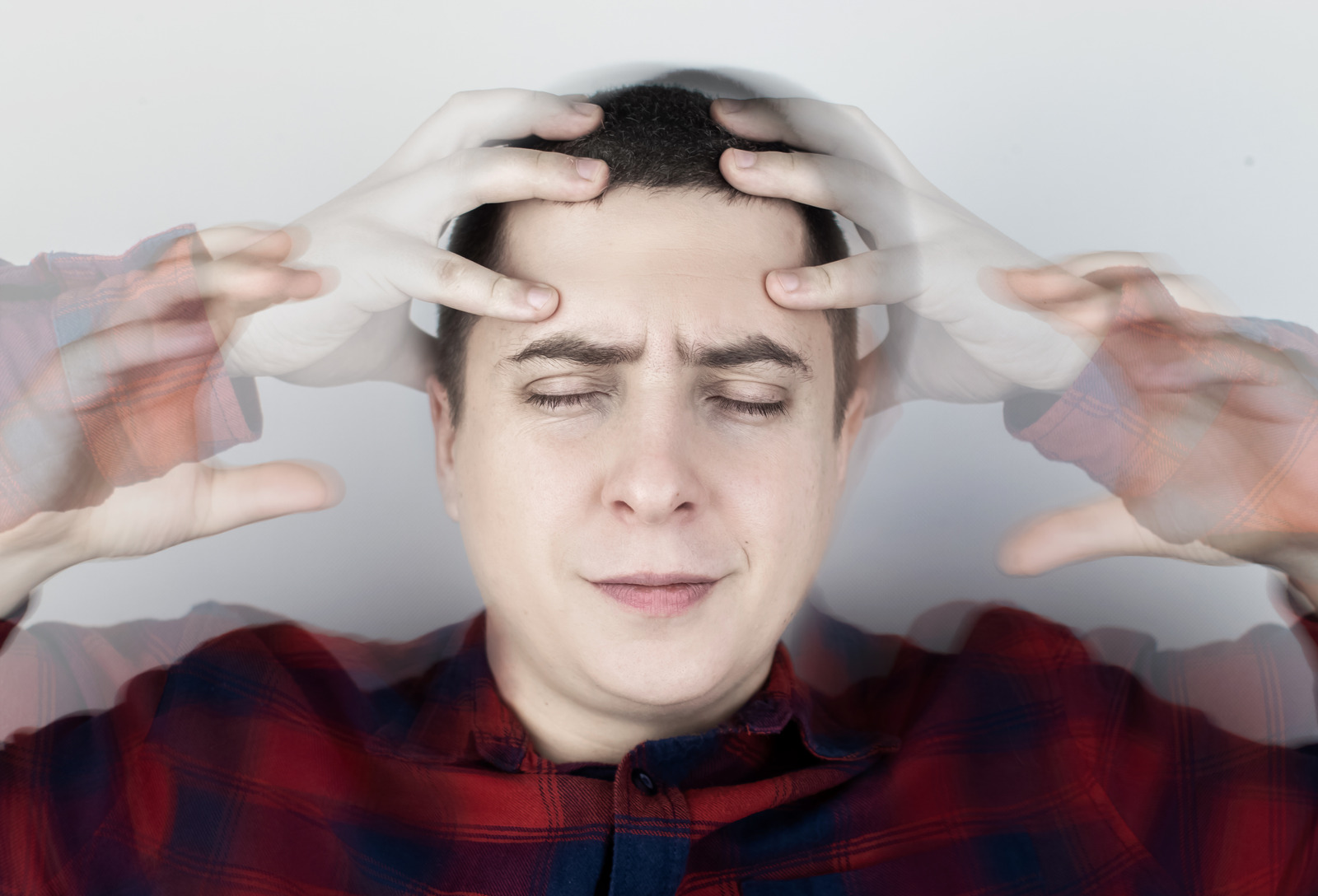
Treatment Options for Dizziness
Treatment depends on the underlying cause and may include:
1. Vestibular Rehabilitation Therapy (VRT)
A specialized form of physiotherapy that improves balance and reduces dizziness by retraining the brain. Techniques include:
- Gaze stabilization exercises
- Balance training
- Head movement exercises
2. Medications
- Antihistamines and anti-nausea drugs for motion sickness and vertigo.
- Diuretics for Ménière’s disease.
- Migraine medications for migraine-associated dizziness.
3. Epley Maneuver for BPPV
A series of head movements designed to reposition calcium deposits in the inner ear.
4. Lifestyle Modifications
- Staying Hydrated: Prevents dizziness due to dehydration.
- Avoiding Triggers: Such as sudden head movements, bright lights, or loud noises.
- Eating Regularly: Maintains blood sugar levels and prevents lightheadedness.
5. Psychological Therapy
For dizziness related to anxiety disorders, Cognitive Behavioral Therapy (CBT) can be beneficial.
How Physiotherapy Can Help With Dizziness
Physiotherapy plays a crucial role in treating dizziness and balance disorders. At IMC Rehab Services, our expert therapists provide:
✅ Vestibular Rehabilitation to improve balance and coordination.
✅ Manual Therapy to relieve tension in the neck and spine.
✅ Postural Training to prevent dizziness due to poor posture.
✅ Customized Exercise Plans to strengthen muscles and enhance stability.
Our goal is to restore your confidence, reduce fall risks, and improve your overall quality of life.
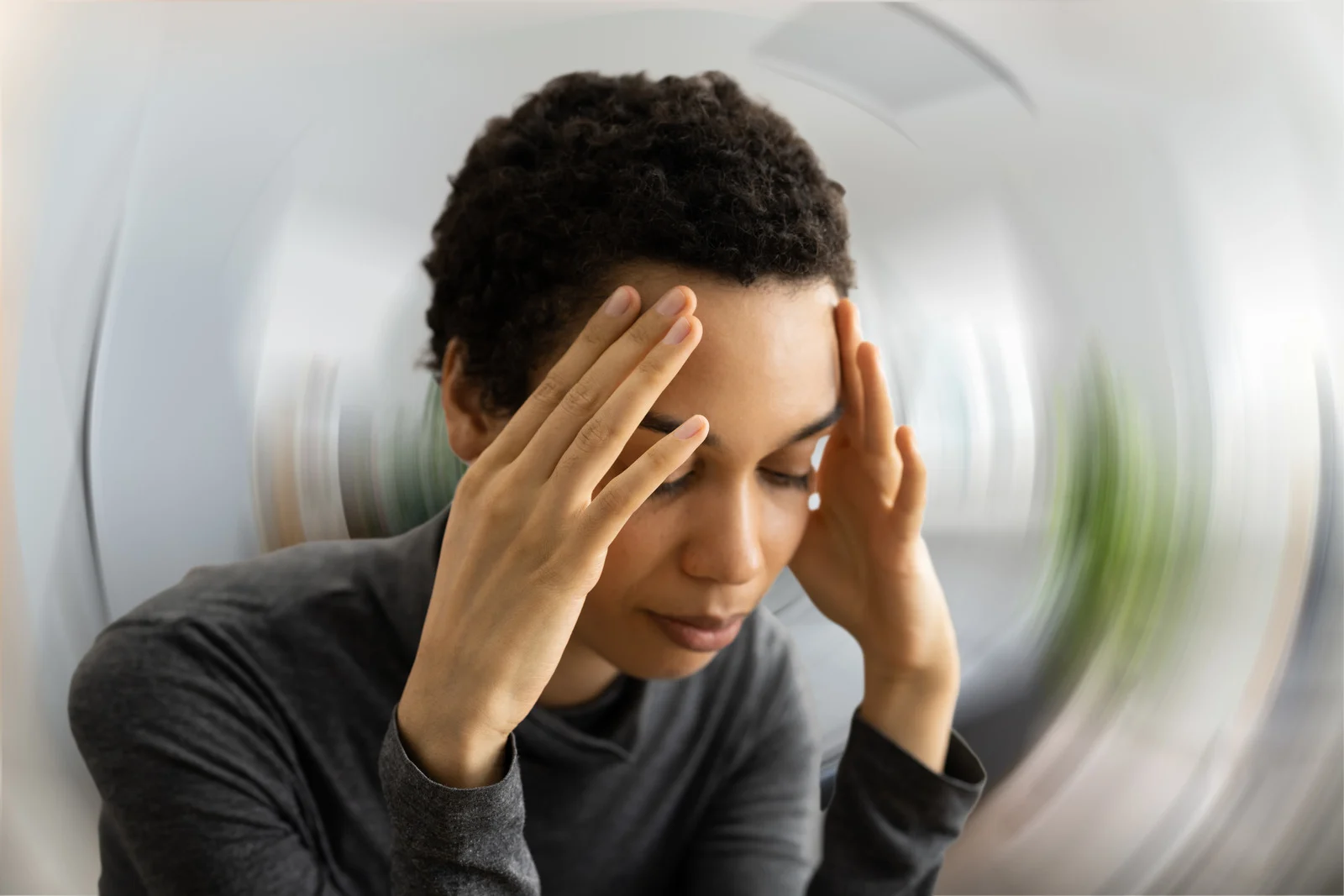
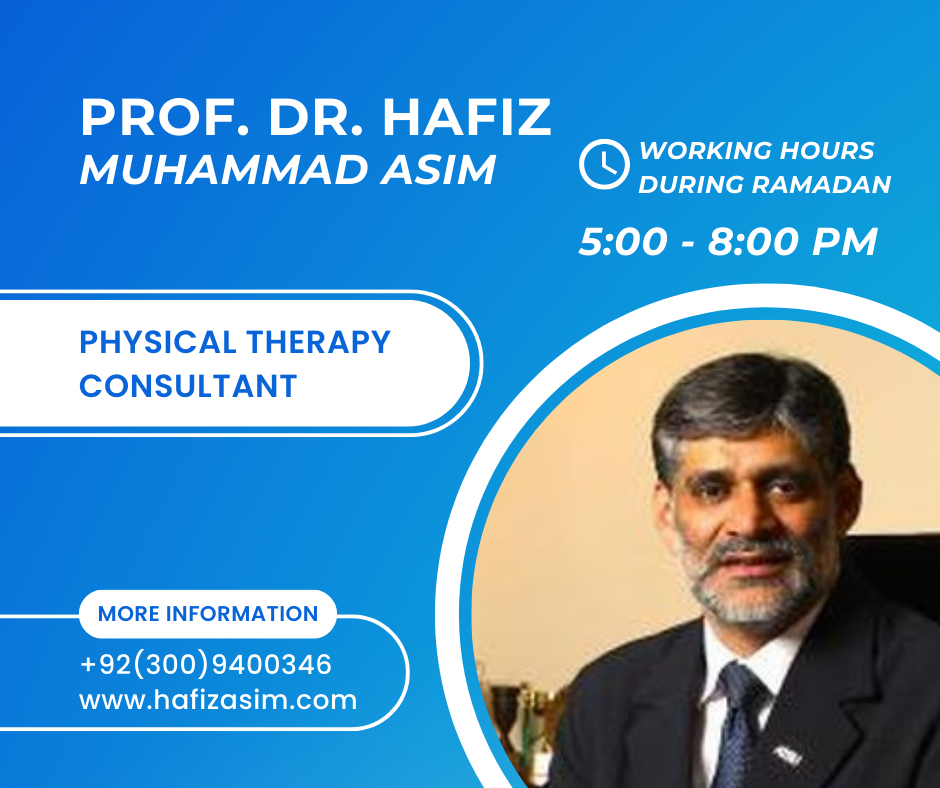
When to See a Doctor
Seek medical help if you experience:
⚠ Severe or recurrent dizziness
⚠ Loss of consciousness or blackouts
⚠ Chest pain or irregular heartbeat
⚠ Numbness, weakness, or slurred speech
Early intervention can help prevent complications and improve treatment outcomes.
Book Your Appointment Today!
At IMC Rehab Services, we provide expert care to help you regain balance and confidence. Whether it’s vertigo, dizziness from an injury, or chronic imbalance issues, our team is here to support your journey to recovery.
